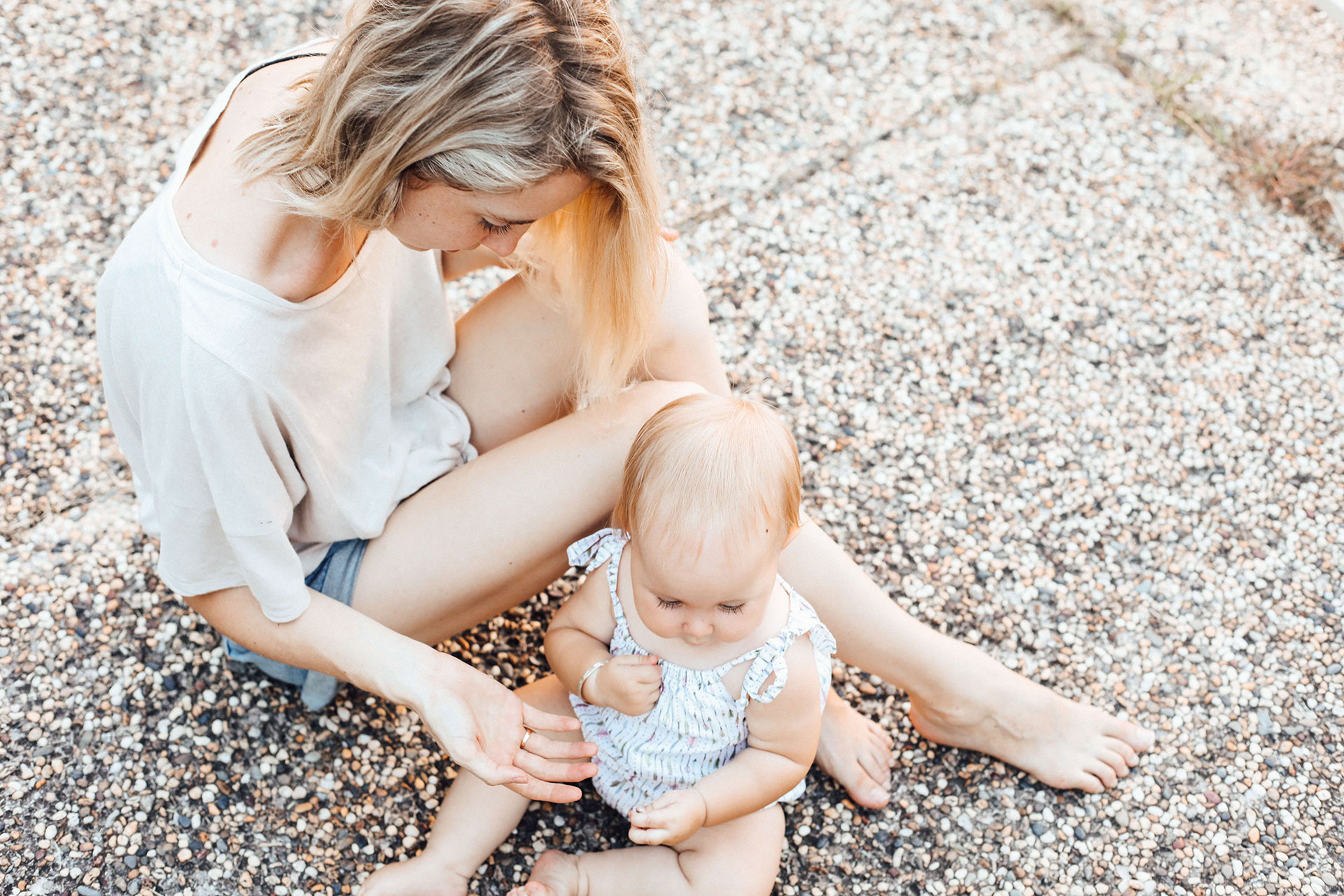Baby
3 min Read
Are some germs good for your baby?

July 10, 2019
Baby
3 min Read

July 10, 2019

When my kids were babies, I remember being obsessiveabout ensuring everyone—including their dad—hadproperly washed or sanitized their hands before handling my precious little bundles. Some of my friends were evenmore protective.
But as my boys grew older, and began eating things like dirt and boogers—and attending daycare where there was rarely a child without a runny nose—I began to wonder if I needed to be so stringent. According to Dr. Dina Kulik, a pediatrician and emergency medicine doctor who works at Kindercare Paediatrics and SickKids hospital in Toronto,babies can benefit from germs.
“Regular germs are actually good for babies,” she says.“Children who are kept in too sterile an environment actually have higher risks of asthma and allergies than kids exposedto a ‘non sterile’ environment. Exposure to bacteria and viruses allow our immune system to grow, so we can better protect ourselves from harmful organisms.”
She also points out that excessive hand washing and sanitizing depletes the natural healthy and good bacteria from your skin. “These good bacteria help keep the bad bacterial levels at low levels. If you kill off too much good bacteria, bad bacteria have a chance to overpopulate,” says Dr. Kulik.
But hand washing isn’t the only way that babies are exposed to good germs. According to a recent pediatric study, bacteria can also be transferred to infants via pacifiers. The study found that children whose parents “cleaned” their pacifier by sucking it were less likely to have asthma, eczema and sensitization at 18 months of age than children whose parents did not lick their child’s pacifier clean. In this case, the study concluded that parental sucking of their infant’s pacifier may reduce these effects, possibly by transferring microbes to their infant by saliva, enabling them to build immunity.
Some caution, however, is warranted. Premature babies and young newborns have very immature immune systems. They haven’t yet been exposed to many bacteria or viruses and are more at risk of bad infections. “For these populations, I would be more cautious about exposure to pets and sick contacts. However, over time it’s important to gradually expose infants to people and pets. This will help build their immune system,” she says.
As they get older, children will naturally be exposed tomore germs. “Young children have an average of 13 viral illnesses per year, so a persistent runny nose is normal in a young child,” says Dr. Kulik. “As a result, young children are surrounded by viral infections from their peers all the time. This is very hard to avoid.”
Over time, as their immune system recognizes these viruses, it can fight against them more easily. “That’s why adults often get fewer infections per year than a two-year-old.”
Originally published in ParentsCanada magazine, August/September 2013.